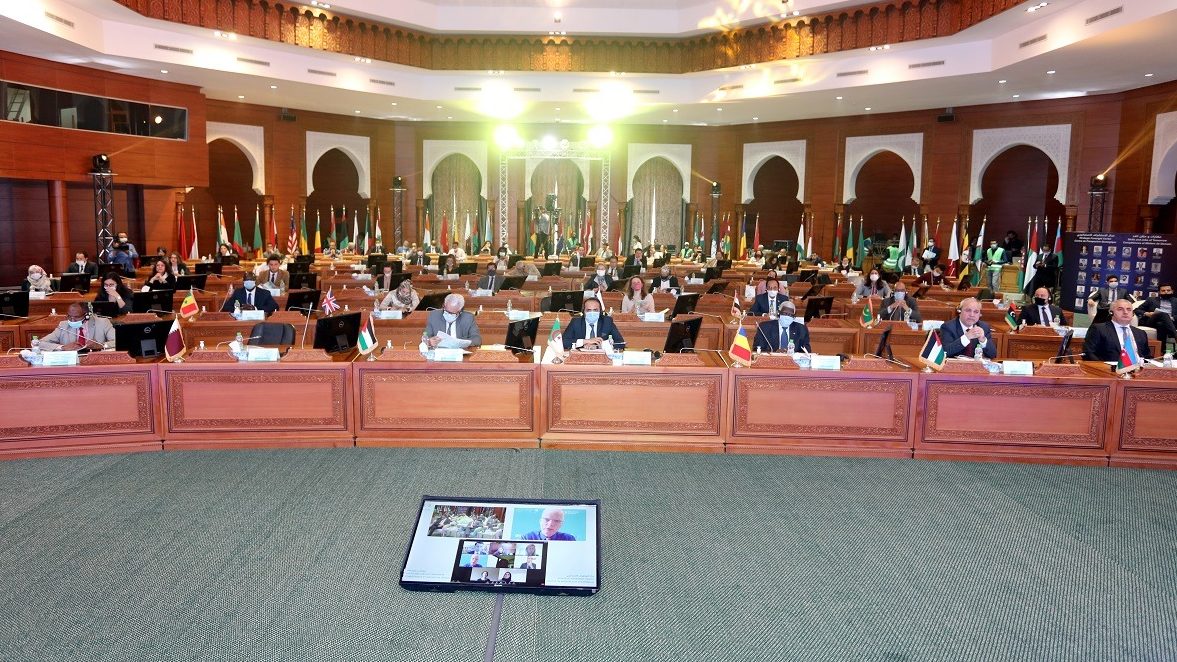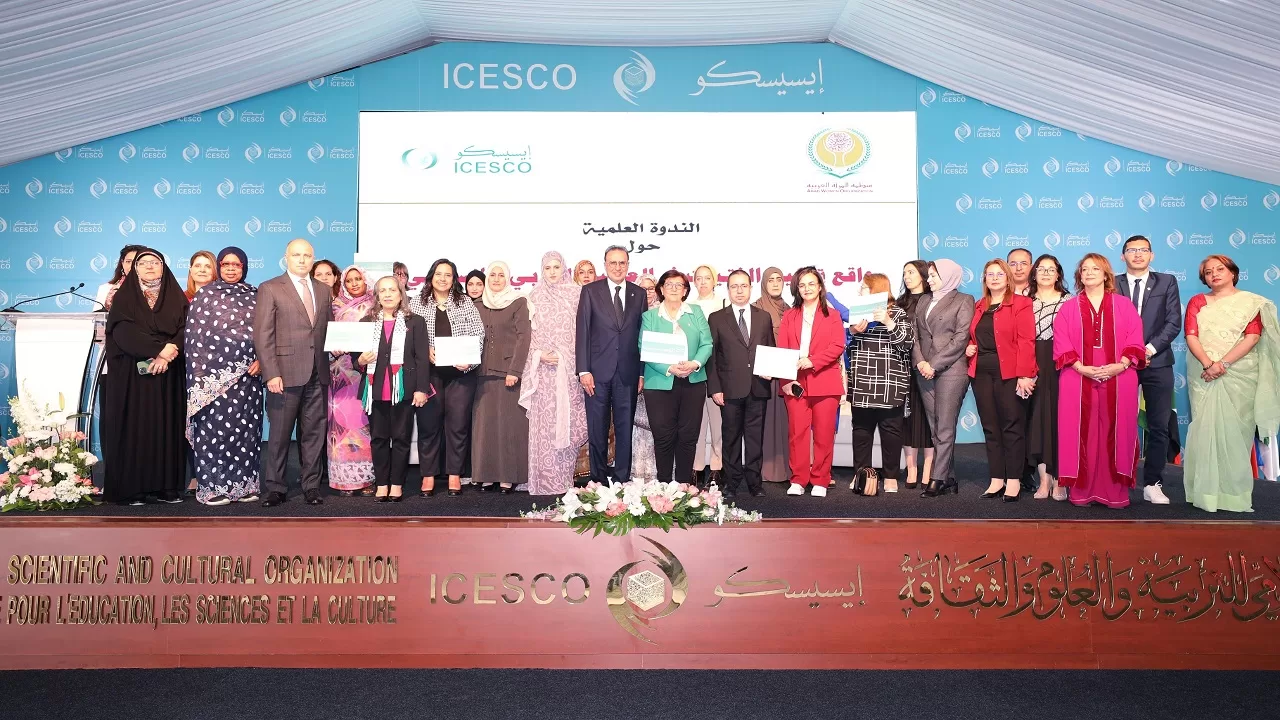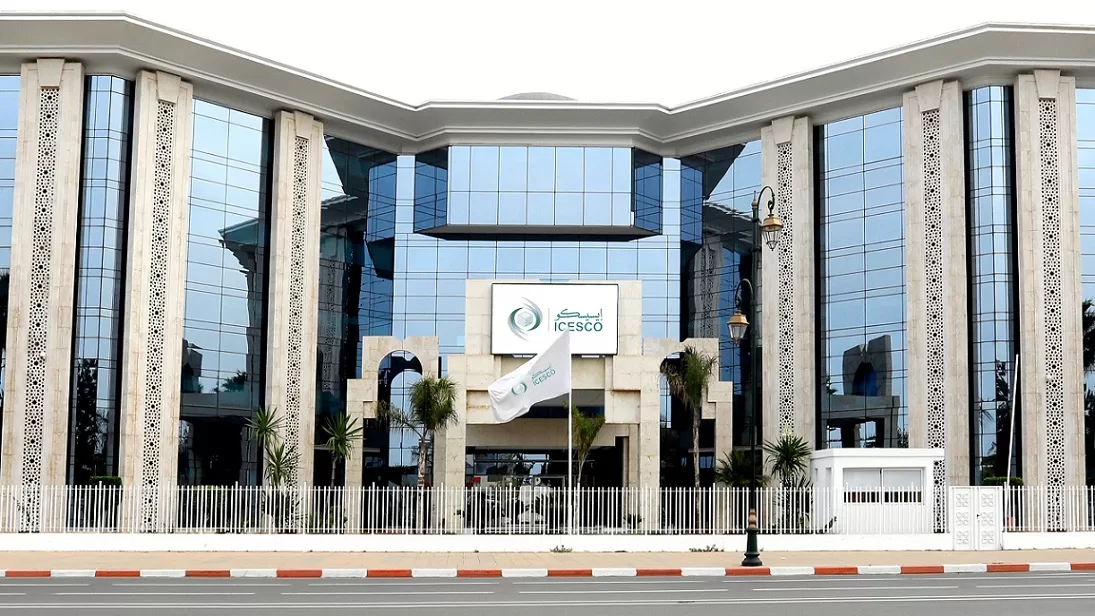
Ideas and Futuristic Views of Future Jobs Expressed at ICESCO “Skills and Jobs of Tomorrow” Seminar

9 April 2021
The international seminar “Skills and Jobs of Tomorrow” that the Islamic World Educational, Scientific and Cultural Organization (ICESCO) held yesterday, in partnership with several international organizations and bodies featured many ideas and views about necessary future skills and the jobs that will prevail across the world in the coming years and brought together high-level participants from among experts and academics in the field of education, science, culture, and strategic foresight.
The opening session of the seminar kicked off through videoconference and face-to-face participation at ICESCO headquarters in Rabat and commenced with the address of Dr. Salim M. AlMalik, ICESCO Director-General (DG), wherein he reaffirmed that the world is changing radically. He stated that studies show that 60% of future jobs do not exist today and that 14% of today’s jobs will disappear within 15 and 20 years due to automation thus the need for building youth’s capacities for the future since they are the driving force of nations.

Dr. AlMalik recalled that ICESCO has placed the youth at the core of its action priorities and that transition toward an educational model that will support youth and students’ skills is what mostly drives the Organization’s partnerships with universities and educational institutions. He noted that ICESCO provides young men and women with an opportunity to benefit from useful training in its action areas.

In his address, Mr. Andreas Schleicher, OECD Director for Education and Skills, reaffirmed that the new educational model should be founded on technology and innovation, especially that the current model does not serve young talents in the Islamic world. He also called for helping youth to discover the future and identify its needs in terms of skills and expertise.

Dr. Slim Khalbous, Rector of the Francophone University Agency (AUF), recalled the rapprochement between the principles of AUF and ICESCO in terms of diversity and linguistic variations and the importance of foresight. He underscored that with the prevailing uncertainty, the need for foresight emerges especially the one based on scientific grounds.

In her address, Ms. Giovanna Barberis, UNICEF Representative in Morocco, talked about digitalization and its deep impact on a wide range of jobs. She reviewed UNICEF’s experience in the MENA region in the development of key skills of the region’s youth and proposed the adoption of many initiatives such as second-chance schools and the promotion of entrepreneurship skills among the youth.

Dr. Ali Serhrouchni, Director of HEM Rabat, stated that the labor market that was in a transitional period now suffers from the lack of necessary skills and that technology has changed working methods and opened new prospects while noting that language diversity should be considered in preparing for the jobs of tomorrow.

Mr. Fariz Ismailzade, the Executive Vice-Rector of ADA University in Azerbaijan, pointed out that some of the jobs that flourished during the pandemic invite us to think of developing skills and technology, especially that new jobs will appear with the changing environment in the future. He also stressed the need to revise and update curricula to adapt them to current and future requirements.

Dr. Abderrahman Tenkoul, Dean of the Faculty of Human and Social Sciences of EUROMED University, recalled the necessary incorporation of theoretical and practical parts in curricula and the adoption of proactive approaches to addressing future changes and challenges and sustainable training to keep pace with the emerging jobs.

At the close of the opening session, Dr. Kais Hammami, Director of ICESCO Strategic Foresight Center, made a presentation on the jobs of the future. Then, the working session included several topics respectively “Value and Challenges of Cultural and Creative Industries in the Future,” “Challenges of Fourth Industrial Revolution and its Impact on the Labor Market,” and “Methods of Training Youth and Young Teachers to Keep Pace with the Future World.”




